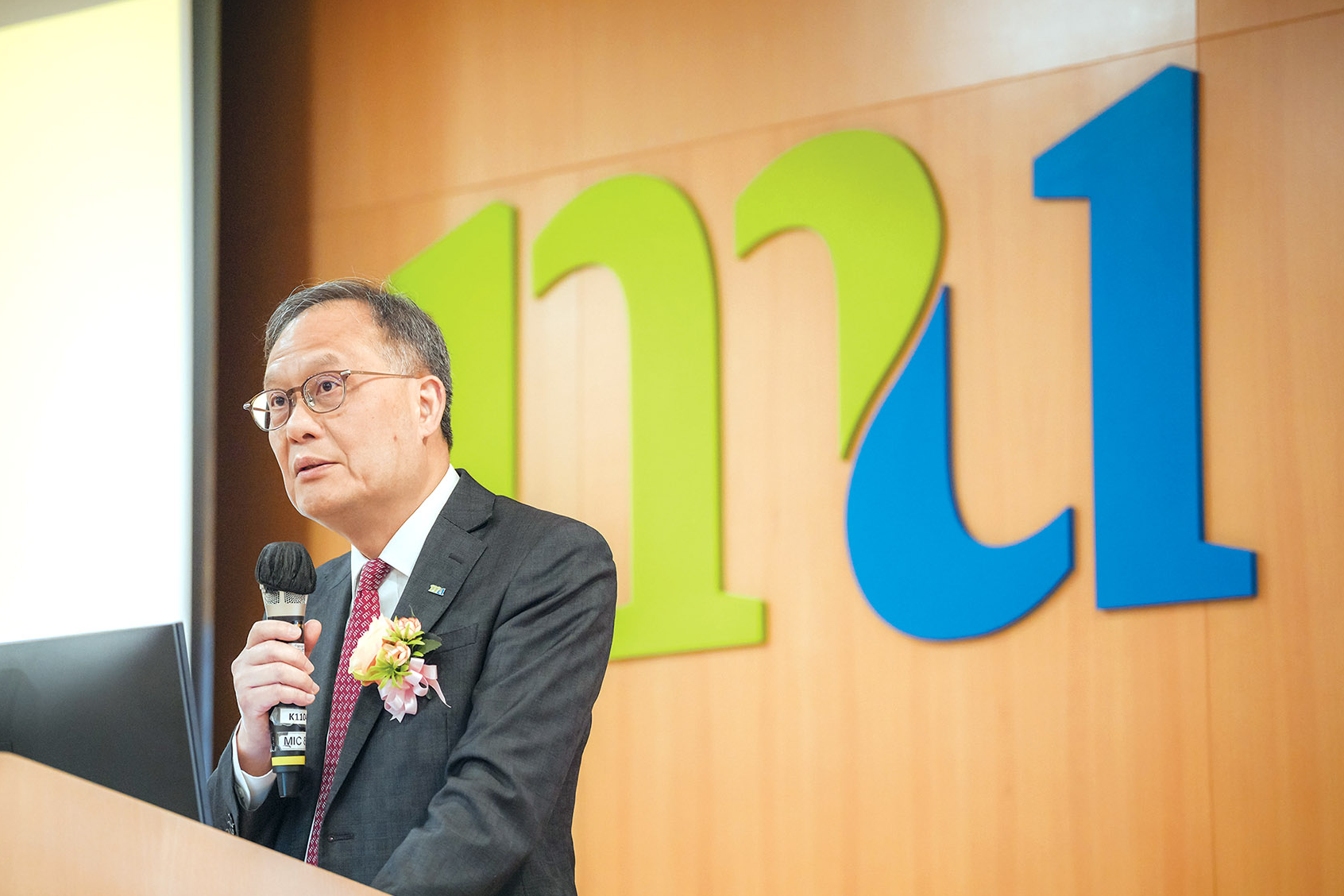
During a recent tea gathering, Paul Lam Kwan-sing, a professor in environmental chemistry and head of the Hong Kong Metropolitan University (HKMU), hit a snag when his father-in-law inquired about the much-discussed DeepSeek, a large language model developed by a Chinese mainland company.
“After trying to explain it, I told him that if he really wants to know, he can come to our university’s Elder Academy,” Lam said when addressing the AIUTA Asia International Conference 2025.
The academy, housed under HKMU’s Li Ka Shing School of Professional and Continuing Education (LiPACE), is planning to roll out AI-related courses tailored for the elderly.
Lam emphasized that staying updated with the latest technology will grant seniors more independence and ensure their complete integration into the community.
This initiative is the latest effort by the Elder Academy to aid the city’s silver-haired cohort achieve lifelong learning and keeping abreast of the times — the original aspiration and vision of the academy.
READ MORE: Asia leads the charge in lifelong learning
Established in 2009, the Elder Academy is among around 200 institutions citywide that offer various learning opportunities in collaboration with educational entities ranging from primary schools to universities.
These academies were set up under the Elder Academy Scheme, launched in 2007 by the Elderly Commission, which advises the Hong Kong Special Administrative Region government on elderly care policies.
Lifelong learning is known to instill older adults with “a sense of purpose”, a crucial momentum for maintaining a high-quality life, yet one which is often lost after retirement, Lam said.
For seniors interested in staying current and continuing their education, a university-based environment has some unique advantages, such as diverse and professional course offerings, vigorous classroom interactions, and intergenerational exchanges, he said.
HKMU’s Elder Academy offers three levels of courses tailored to the varied needs of the elderly. Each year, it offers 50 places for seniors to audit university courses.
For those interested in acquiring new skills, the academy provides 1,800 slots in subjects such as painting, traditional Chinese medicine, calligraphy, and soon-to-be-launched courses in generative AI usage.
In 2024, it launched weekend learning activities, allowing the elderly to learn alongside their younger family members.
Benjamin Chan Tak-yuen, dean of LiPACE, reported the popularity of the Positive Psychology course within the psychology higher-diploma program. The course helps individuals focus on finding happiness, embracing challenges, and addressing essential topics like self-reflection in later life, and facing mortality.
“Most of the older adults in our programs possess secondary school grades. The pressure level is carefully abated for older learners enrolled, with no obligation to take assessments,” Chan added.
Lam reiterated HKMU’s commitment to its mission: Providing educational opportunities to working adults who missed them due to career obligations. “We have not forgotten our original vision of providing an education for anyone who’s interested in getting one.”
Engaging the elderly in lifelong learning is also beneficial to society, Chan said.
“For instance, with less loneliness, there will be positive outcomes from a healthier older generation — the healthcare budget will go down. These benefits may not be measured directly in monetary terms but can ultimately be equated to savings,” he said.


